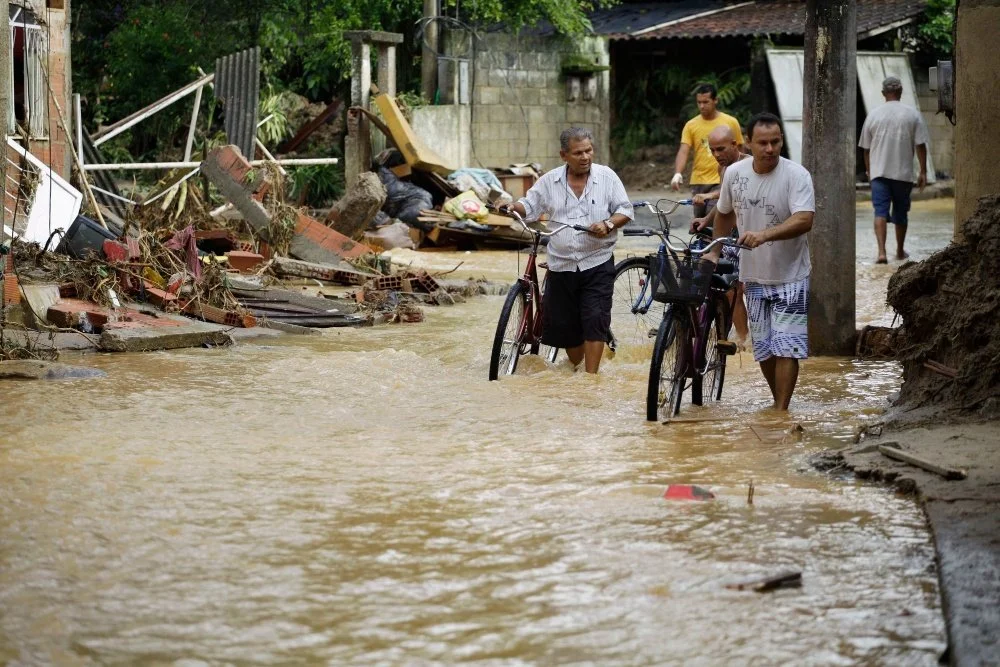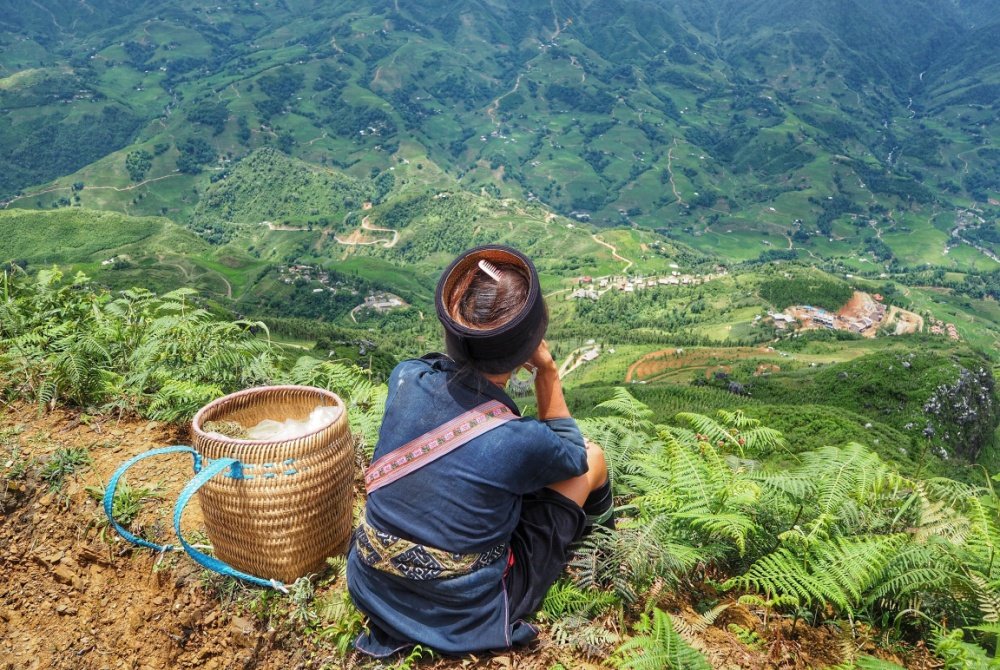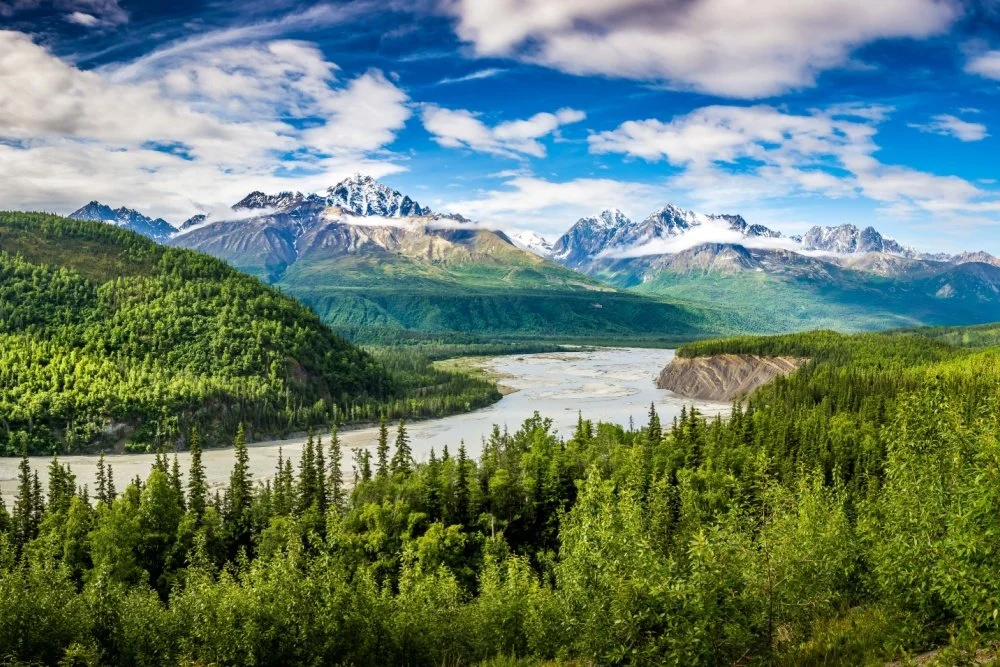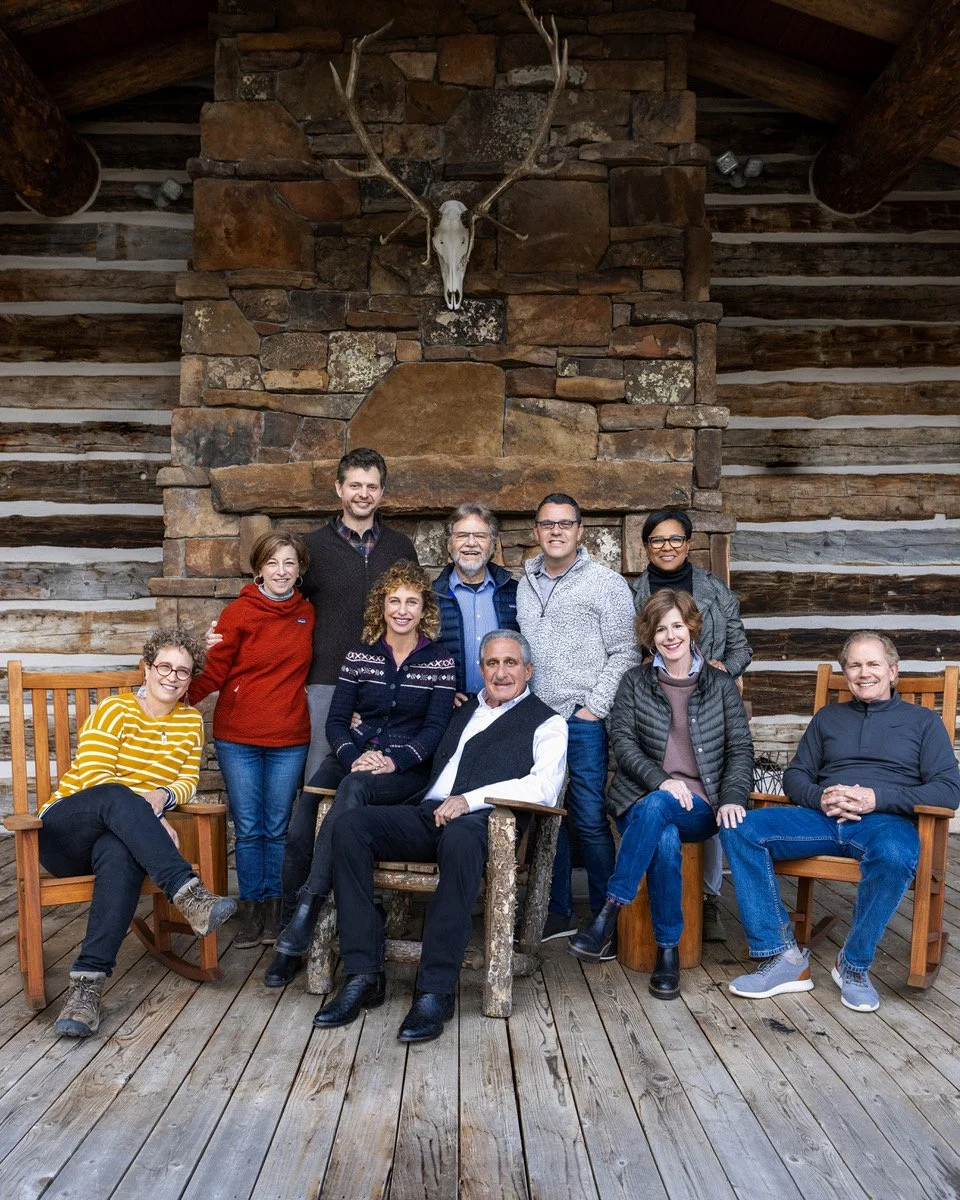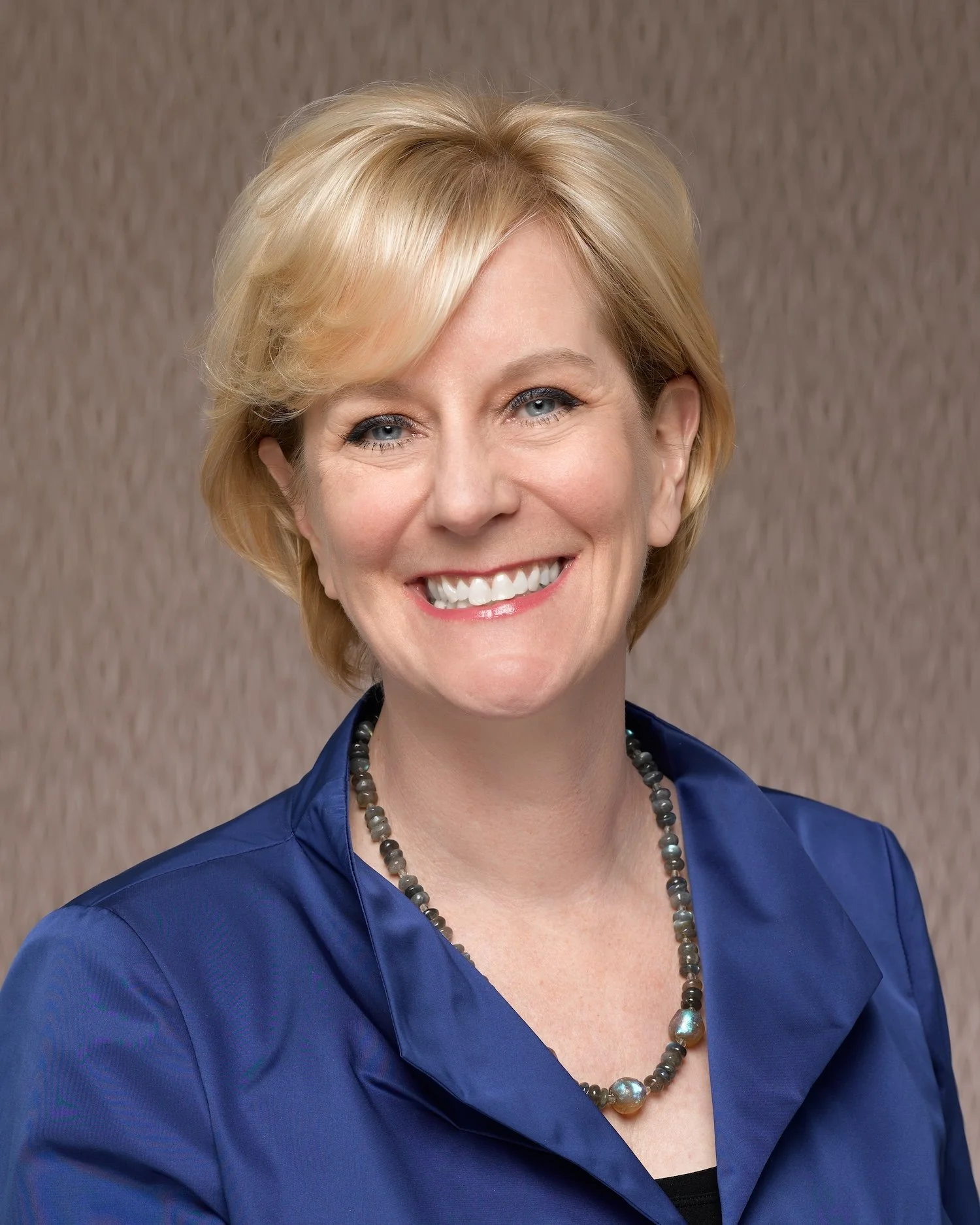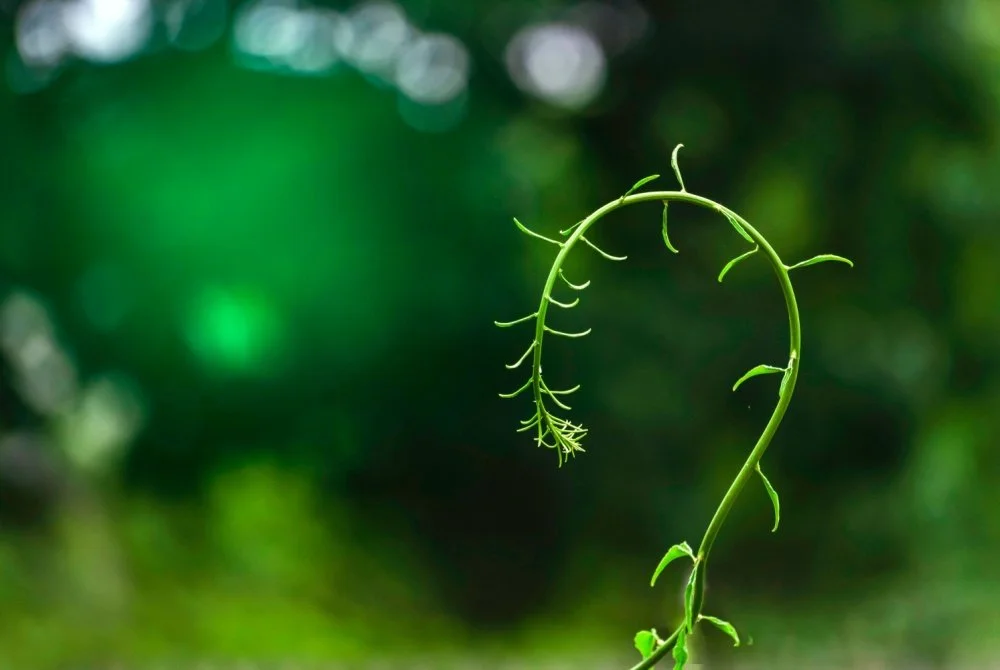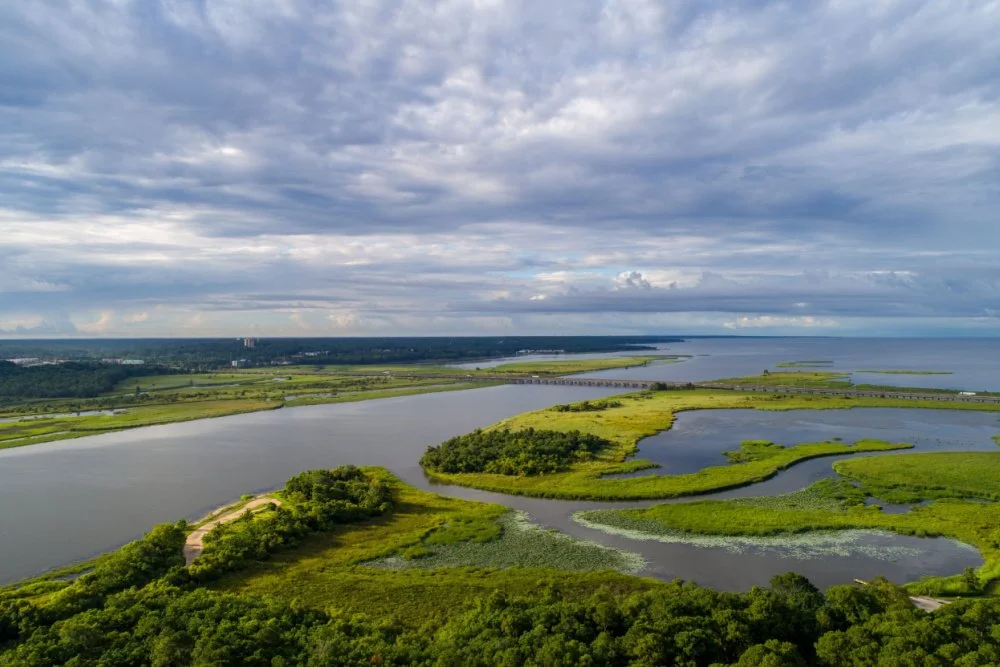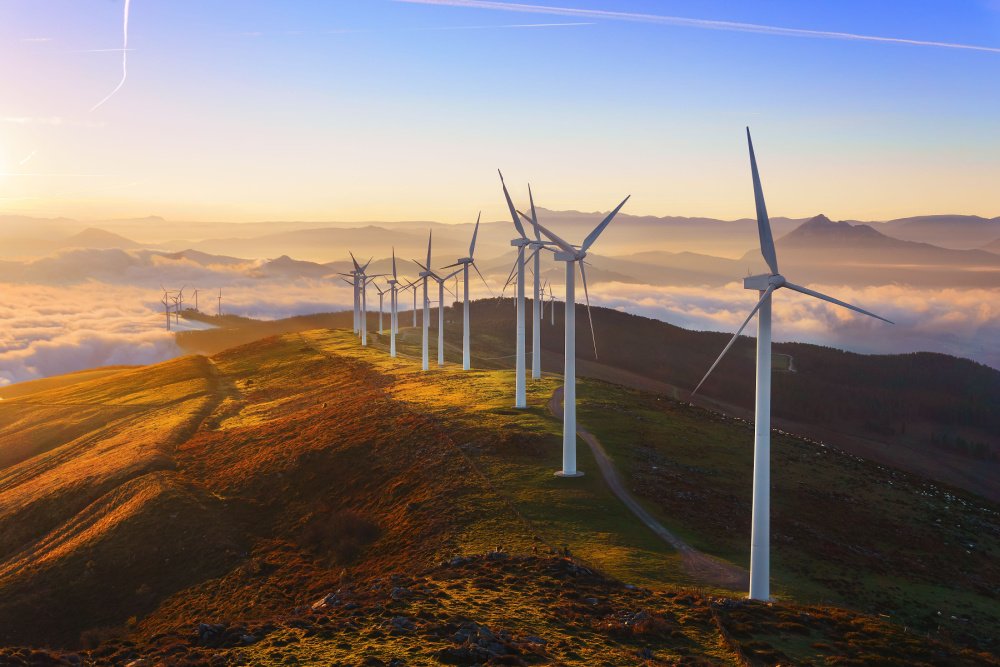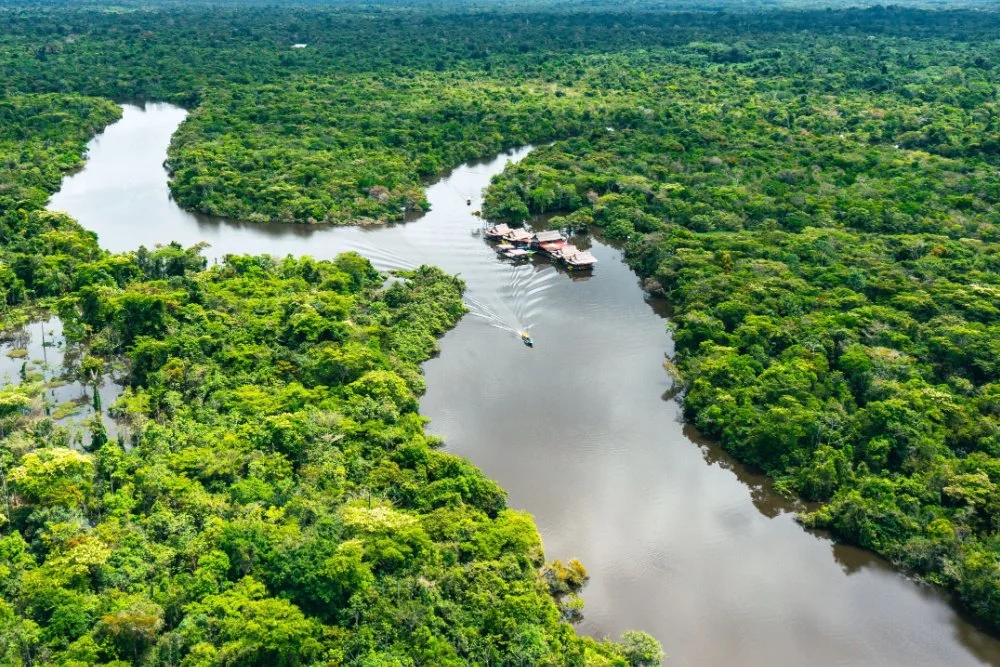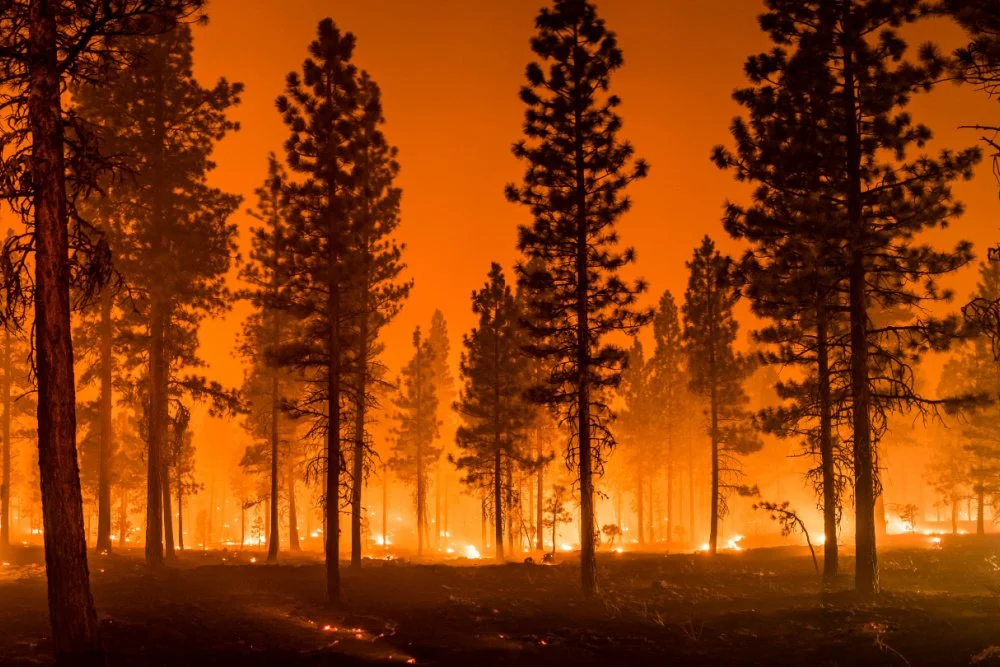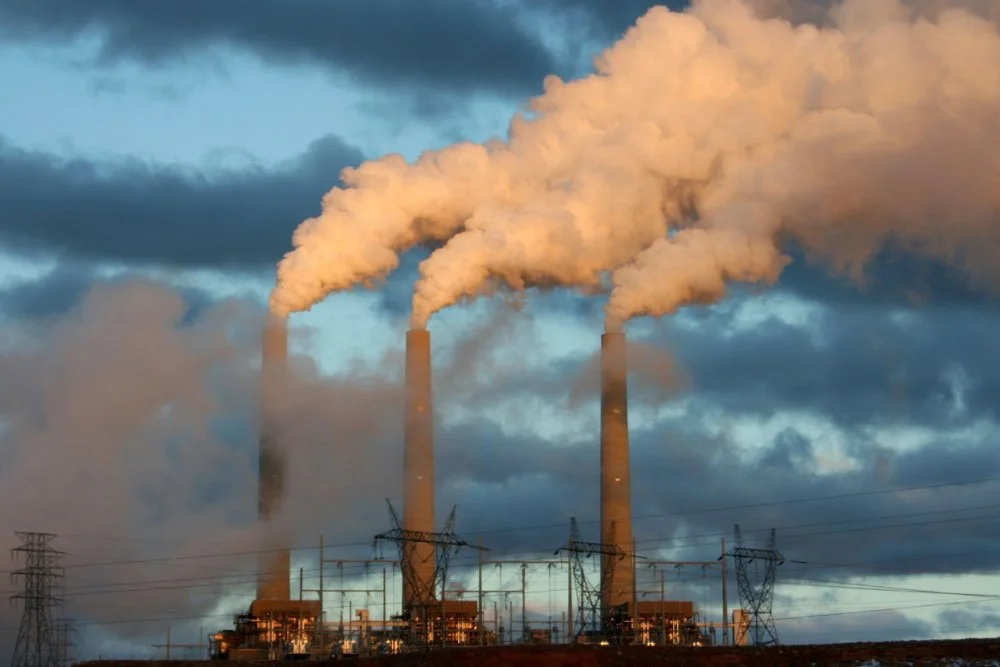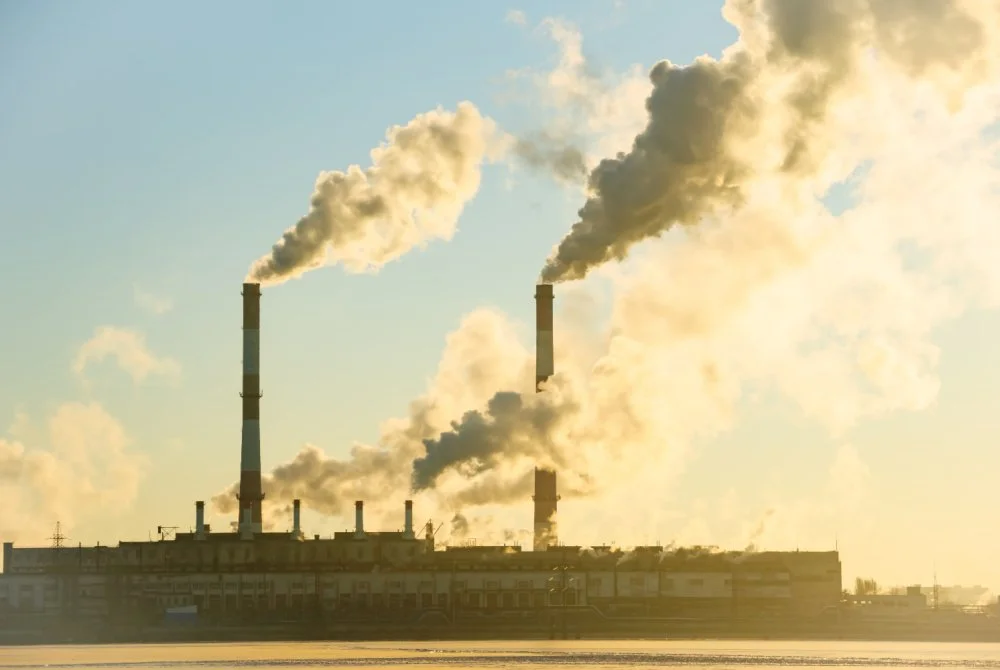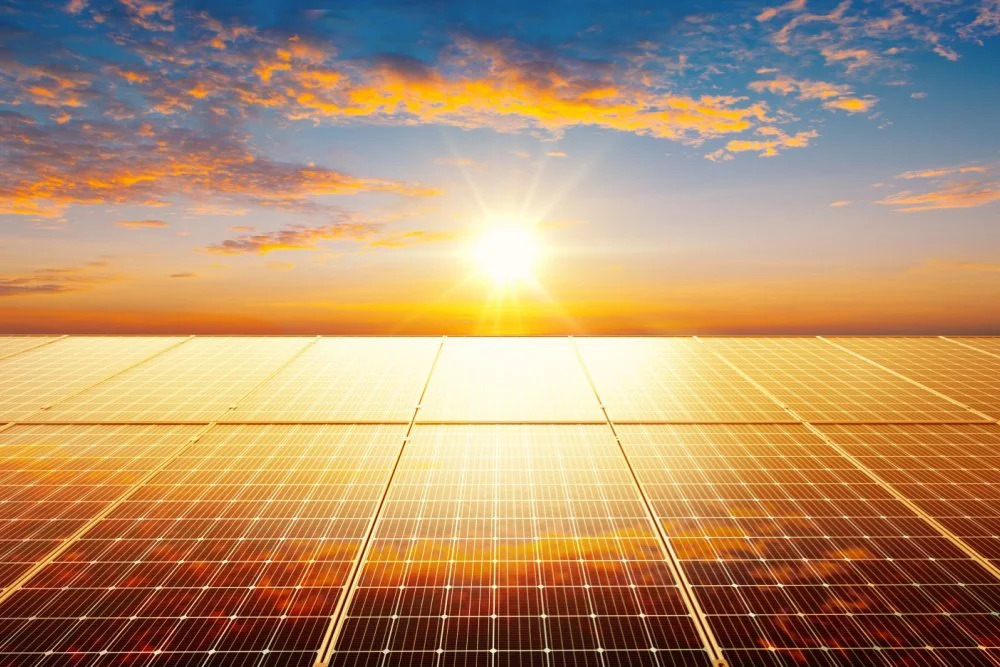What's the Clinton Foundation Doing at the Nexus of Climate, Islands, and Women?
/
Awareness in philanthropy is growing that women will play a key role in addressing climate change, both in adapting to the environmental events, and in mitigating climate change by shifting away from fossil fuels and toward renewable energies.
With the growing interest in the intersection of climate change and women’s empowerment, we were fascinated to learn about the Clinton Climate Initiative’s newest program, the Women in Island Energy Leadership Network.
For those of us less schooled in the Clinton Foundation’s climate work, let’s back up and look at the strategy of the Clinton Climate Initiative (CCI) and its Islands Energy Program. Started in 2006 by President Bill Clinton, CCI’s first major initiative sought to reduce carbon emissions in large buildings worldwide. Since that time, CCI has taken a number of different cross-sector approaches to fighting climate change.
So why the focus on islands for this work? A few reasons. Small island nations could face some of the toughest devastation from climate change. At the same time, islands also present an opportunity to lead the world on climate change, since islands are well suited for solar, geothermal, wind, and other forms of renewable energy development.
Cross that with the fact that Vice Chair Chelsea Clinton is charged with ensuring that all initiatives at the Clinton Foundation integrate women and girls into their programs, and you come up with a new way to convene and possibly influence power and leadership on island nations.
“One of the reasons we are so passionate at the Clinton Foundation about integrating women in every sector of society, on every step of the ladder, is because we know that it really makes a difference," Chelsea said last month in launching the Women in Island Energy Leadership Network. "We certainly have seen this bear out in the energy and utility sector where those companies that are more gender diverse significantly outperform those that are less gender diverse.”
The problem, Chelsea emphasized, is that women are still greatly underrepresented in leadership of the energy sector. “Across the world, less than 20 percent of the leadership in the energy and utility sector are women, and actually in the United States, it’s significantly lower. So while we’re starting with island nations, I certainly think we here in the U.S. have a lot to learn.”
The launch of the new Clinton initiative for island women leaders in energy is another indicator of a changing world of philanthropy—one where there is growing attention to gender in regard to the top issues of our time.
It will be interesting to follow the Women in Island Energy Leadership Network. As usual, the notable thing, here, is not that the Clinton Foundation will be making grants, but that it's playing its signature role of shining a light on a challenge, convening stakeholders, and hoping that new connections emerge that lead to positive outcomes.


